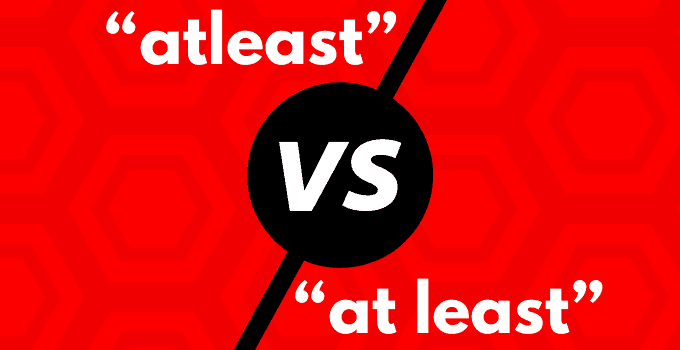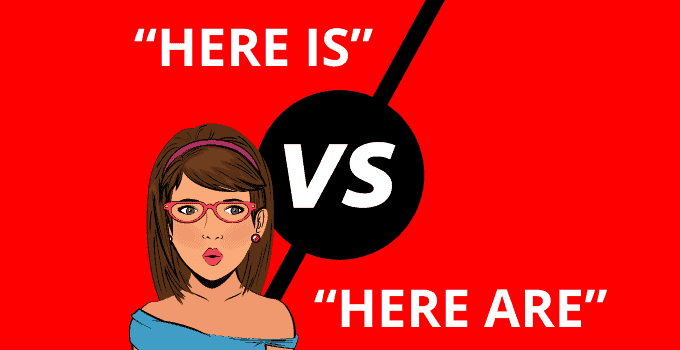Commas can be confusing for many. The rules aren’t always clear, and a lot of the times putting a comma becomes a matter of judgment. It becomes a matter of whether a comma will enhance the meaning or improve the legibility of the text. However, even when there are clear cut rules, these can be …
Grammar
Using commas with words is quite a pain in the neck. We think we know what to do, yet at times we don’t. This very dilemma happens to be true with the word “sometimes,” an adverb of frequency that also means “occasionally.” This article, however, would like to focus only on when to use a …
Here is a nugget of valuable, albeit blunt, advice: don”t believe people who claim grammar isn’t important — because the opposite is true. Poor diction and writing mechanics can rob you of job opportunities and even limit your social circles. Because despite the best of intentions, we humans harbor heaps of unconscious judgment about how …
People wonder whether we can contract “there are” to “there’re,” or would that be plain wrong? Let’s try to answer that question right about now. Table of Contents What does “there’re” mean? Choosing between “there’re” or “there are” Using “there’re” in a sentence The correct way of pronouncing “there’re” “There’re” …
There are some standard phrases that you are going to come across time and again. For instance, I’m sure you’ve heard someone say, “Excuse me, but …,” which is a simple way of grabbing someone’s attention without seeming too intrusive. You can follow that phrase with a request, a question, or any other “imposition.” You …
Ask anyone who’s ever written an essay how he or she feels about commas and you’re likely to receive a groan for an answer. Despite the comma hate, this piece of punctuation has only a few basic rules. Part of the problem is that writers tend to hyper-focus on how commas interact with specific words. …
Grammar is a funny thing. Even though most of us profess that we don’t think about it all that often, and we consider anyone who’ll correct your grammar as a pedant and a grammar nazi, we still subconsciously judge others whenever they make grammatical mistakes. We feel that they are either careless or less intelligent …
Despite a bad reputation as one of the most confusing parts of English grammar, the comma actually follows fairly simple rules. Chief among them is that the need for commas is primarily determined by the need for clarity. In other words, you really only need a comma when the meaning of a sentence or its …
Is there a comma before since? There is usually no comma before since, as “since” is a subordinating conjunction. “Since” can also function as both a preposition and an adverb. In these roles, too, a comma preceding ‘since’ is generally unnecessary. ”Since” as a preposition — Comma Rules When “since” acts as a preposition, …









